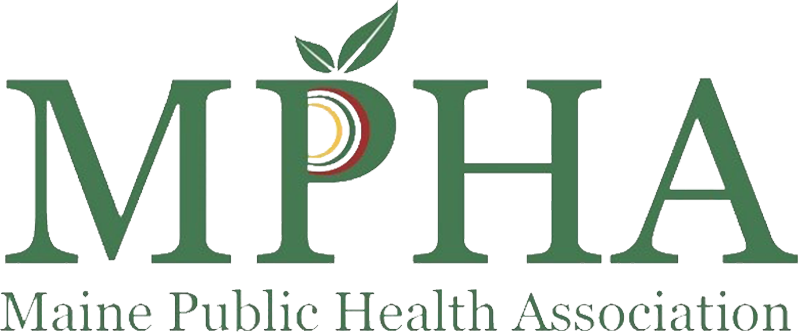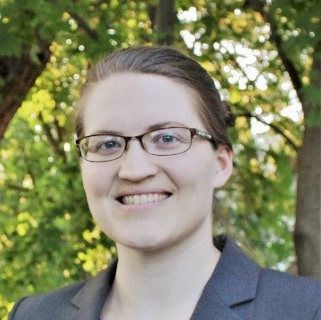
Control and Prevention Strategies in Epidemics
How do we get to the end of the outbreak? Learn how to monitor and follow outbreaks once control measures are in place.



Register
Course Information
- Audience: Community health worker, public health professional, nurses, people working with populations requiring chronic care
- Format: Webinar
- Date/Time: June 22, 2020
2:00 - 3:00 PM EST - Price: Free
- Length: 1 hour
- Credential(s) eligible for contact hours: Sponsored by New England Public Health Training Center (NEPHTC), a designated provider of continuing education contact hours (CECH) in health education by the National Commission for Health Education Credentialing, Inc. This program is designated for Certified Health Education Specialists (CHES) and/or Master Certified Health Education Specialists (MCHES) to receive up to 1 total Category I continuing education contact hours. Maximum advanced-level continuing education contact hours are 1. Provider ID: 1131137 Event ID: PM1131137_06222020.
If you are not seeking CHES/MCHES contact hours, if you complete the evaluation, you will receive a Certificate of Completion. The Certificate will include the length of the course. - Competencies: Community Partnership Skills
- Learning Level: Awareness
- Companion Trainings: None
- Supplemental materials:Session PowerPoint
- Pre-requisites None
About this Webinar
For all outbreaks, the notion is to “break the chain” and to break it in as many places as possible. These processes have to balance civic liberty, community motivation and ownership, as well as economic stability. We will look at both nonpharmaceutical interventions for pandemic control, including physical distancing and contact tracing, and the promise of vaccination and case management tools, such as drugs, that influence the course and outcome. We will discuss monitoring and following outbreaks to assess the adequacy of control measures and the trade-offs, and use stories from Ebola, COVID-19 and other outbreaks to illustrate these concepts.
What you'll learn
At the end of the course, participants will be able to:
- Describe purpose of outbreak response.
- Describe factors that influence the decision to implement control measures.
- Describe common response and control measures used during outbreaks and emergencies.
- Define appropriate interventions for different modes of transmission.
- Discuss the importance of monitoring the effectiveness of outbreak response.
- Name 2 indicators to monitor the effectiveness of outbreak response.
Subject Matter Experts

Sharon McDonnell
BSN, MD, MPH
Katherine Nenninger
MD
Sharon received her BSN at the University of Florida and MD from the University of California, San Diego. After training in Family Medicine, she went to Pakistan/Afghanistan to work with NGOs and then WHO. She joined the US CDC as an EIS Officer and is board certified in Preventive Medicine and Public Health. She has worked in the state health departments in Florida and Vermont. After CDC She was on Faculty at Dartmouth Medical School and has continued to do work in International Disease Surveillance and Response and Epidemiology Training. She worked in Liberia for 2 years for the Ebola response with IRC and CSTE/CDC. Currently she teaches epidemiology with the University of New Hampshire and consults with the Leadership Preventive Medicine Residency Program at the Maine Medical Center. She helps co-found the Yarmouth Community Coronavirus Task Force in Yarmouth Maine.
Katherine went to medical school at the University of Virginia and completed an internal medicine residency at Maine Medical Center. She is currently in the Leadership in Preventive Medicine Fellowship training program through Maine Medical Center, which is a training program that includes public health coursework through the University of New England, clinical healthcare, and projects related to population medicine.
Registration
Select the Enroll Me button below to register for this webinar. If you have any trouble accessing the webinar, contact support@nephtc.org.
Acknowledgement: This project is/was supported by the Health Resources and Services Administration (HRSA) of the U.S. Department of Health and Human Services (HHS) under grant number UB6HP31685 “Regional Public Health Training Center Program.” This information or content and conclusions are those of the author and should not be construed as the official position or policy of, nor should any endorsements be inferred by HRSA, HHS or the U.S. Government.
* Yale School of Public Health, Office of Public Health Practice, a New England Public Health Training Center partner, is a designated provider of continuing education contact hours (CECH) in health education by the National Commission for Health Education Credentialing, Inc. All CHES credit inquiries are managed by YSPH

